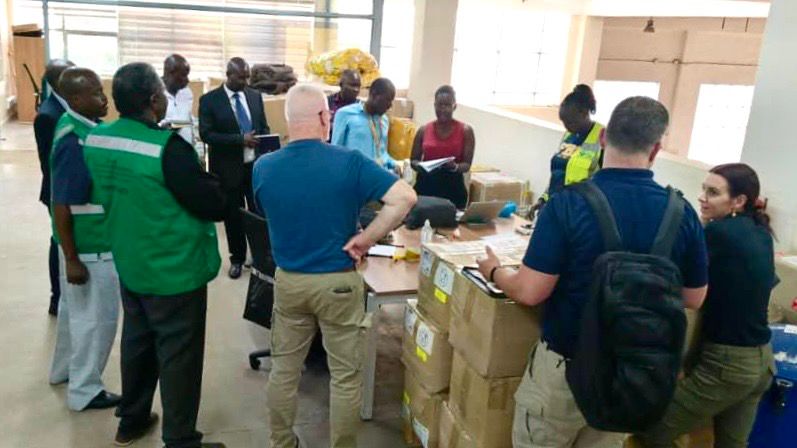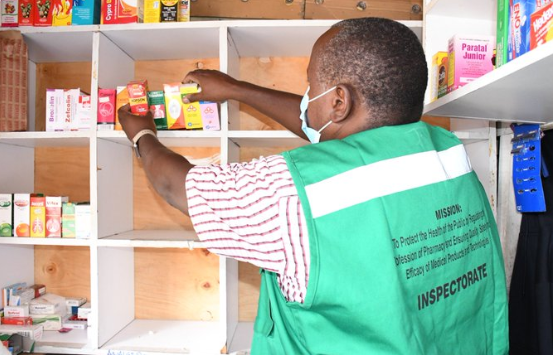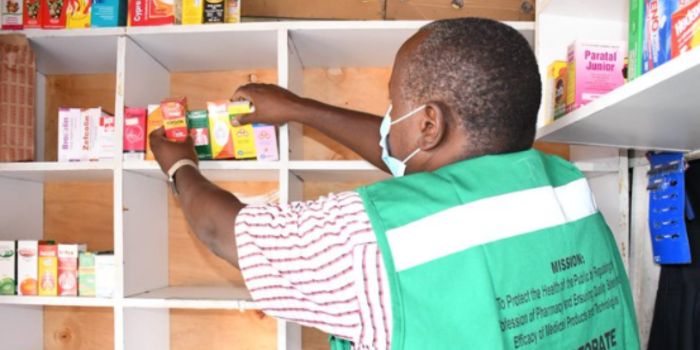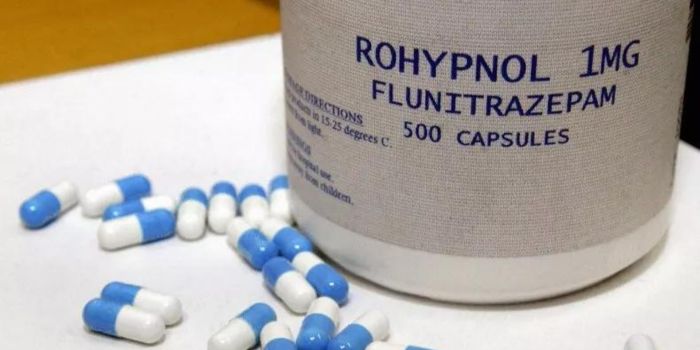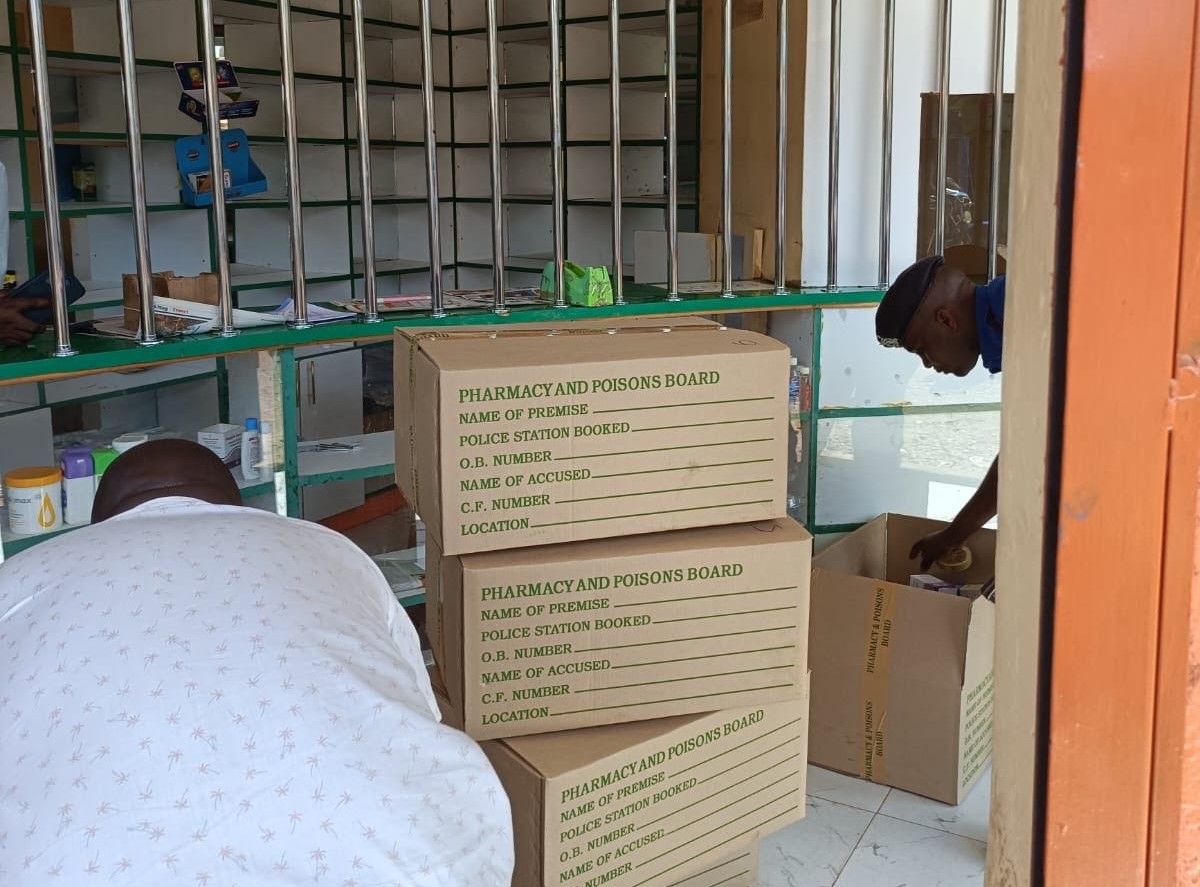Pharmaceutical wholesalers, hospitals under scrutiny in government nationwide audit

By Lucy Mumbi |
The PPB’s intensified oversight comes soon after it launched Kenya’s first monitoring framework for antimicrobial drug consumption, targeting antibiotics and antifungals.
The Pharmacy and Poisons Board (PPB) has initiated a comprehensive audit process targeting pharmaceutical wholesalers and Level 4 hospitals nationwide.
The move, which commenced with wholesalers on October 13 and expanded to hospitals on October 20, 2024, aims to reinforce adherence to regulations governing medicine distribution and handling.
Keep reading
PPB’s Head of Good Distribution Practices Julius Kaluai noted that the audits will assess compliance with various pharmaceutical standards, focusing on preventing medication errors, drug misuse and improper pharmaceutical handling.
Speaking on Monday on behalf of PPB CEO Fred Siyoi at a media briefing in Nakuru, Kaluai highlighted the importance of employing qualified, PPB-registered personnel in pharmacies to manage critical areas such as cold-chain medicine storage and safe pharmaceutical waste disposal in line with PPB and National Environment Management Authority (NEMA) standards.
He stressed that the audits will scrutinise unauthorised relocations of wholesalers, misappropriation of government-supplied medicines, and unlicensed sales, all of which jeopardise healthcare quality.
“This ongoing initiative underscores PPB’s commitment to safe, effective, and high-quality healthcare standards across Kenya,” Kaluai said.
The review covers key compliance aspects, including legal certifications, batching processes, product deviations, client complaint histories, corrective actions for past infractions, and rates of product returns.
The PPB’s intensified oversight comes soon after it launched Kenya’s first monitoring framework for antimicrobial drug consumption, targeting antibiotics and antifungals. The surveillance effort, initiated to address the alarming rise in drug resistance, aims to generate data on usage patterns that may contribute to resistance trends.
Siyoi called for effective urgent tracking, warning, “If left unchecked, antimicrobial resistance has the potential to reverse decades of medical progress, leaving us vulnerable to infections that were once easily treatable.”
Antimicrobial resistance (AMR) occurs when microorganisms evolve and become resistant to drugs designed to eliminate them, complicating the treatment of common infections like pneumonia, tuberculosis, and malaria.
The new system will enable the PPB to collect, analyse and interpret data on antimicrobial use across the entire pharmaceutical supply chain, from importers and manufacturers to pharmacies and healthcare facilities.
"Kenya will gain a clearer picture of antimicrobial consumption trends, enabling us to target interventions more effectively, reduce irrational antimicrobial use, and ultimately protect the health of our population," Siyoi stated during the launch of the online platform.
Reader comments
Follow Us and Stay Connected!
We'd love for you to join our community and stay updated with our latest stories and updates. Follow us on our social media channels and be part of the conversation!
Let's stay connected and keep the dialogue going!









